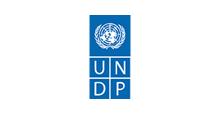
As part of broader study of humanity, social Anthropology studies and explains the design and patterns of society’s moral systems (Evans-Pritchard 1950). Despite its methodological, theoretical and applied, the discipline has been contested globally and locally. What might have started as a colonial enterprise in most of Africa needs to be interrogated further than “they do not live like us” to honestly revisit the moral systems that have shaped and continue to shape socio-cultural, linguistic, economic, political and other patterns of our society’s transformation and how these should be understood. Whereas the ivory tower connected closely with local communities in teaching Social anthropology under the Department of Social Studies since 1939 (Makerere University, 2020), more intense anthropological research activities starting from 1948 promoted more colonial administrative interests than local development needs. When President Idi Amin expelled the people he termed ‘Exploiters’, these included European academics and the Indian business community. This left huge negative impact on university education including with Social Anthropology. All the anthropologists at Makerere then were expatriates and hence there were no local Anthropologists after expulsion of the ‘Exploiters’. In this paper, we describe how and why the discipline which waned politically, rejuvenated linguistically and the need to re-orient its future academic and research agenda to local needs.
Key words: Uganda, Makerere, Social Anthropology, Colonial, Idi Amin, Exploiters, moral systems









